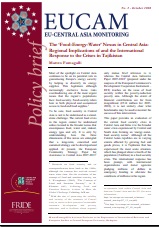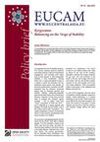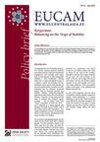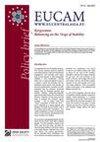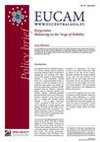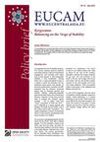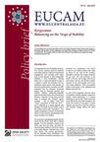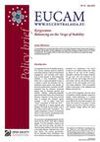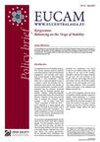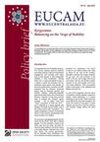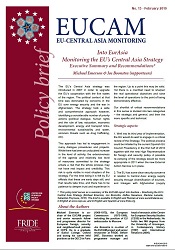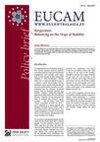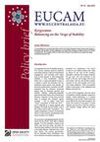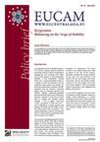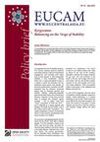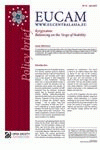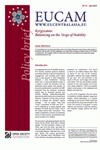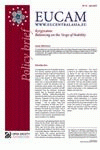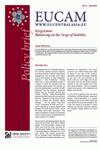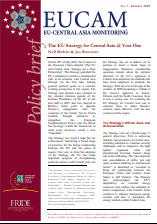
The EU Strategy for Central Asia @ Year One
The EU Strategy for Central Asia @ Year One
Keywords: EU and Centrasl Asia; former Soviet Union; Black Sea Synergy;
On the 20th of July 2007, the Council of the European Union adopted “The EU and Central Asia: Strategy for a New Partnership”. The Strategy signalled the EU’s ambition to initiate a fundamental shift in its relations with Central Asia through, for the first time, linking general political goals to a concrete working prospectus in the region. The Strategy also formed a key element of the external relations agenda of the German Presidency of the EU in the first half of 2007 and was integral to Berlin’s wider push to upgrade Europe’s engagement with the countries of the former Soviet Union (notably through initiatives to strengthen the European Neighbourhood Policy and the Black Sea Synergy) within the framework of what some observers called a new ‘Ostpolitik’. The Strategy sets itself a high bar for achievement, identifying a broad range of priorities for the future relationship between the EU and the states of region. One year on from the adoption of the Strategy, the EU has made important progress in strengthening political contacts with Central Asia, but the Strategy has yet to deliver on ist promise to foster a broad range of engagements. Moreover, considerable questions remain about the political direction of the EU’s approach to Central Asia and about the methods that have been employed to promote the Strategy. With the war in Georgia in the summer of 2008 promoting a rethink of the Union’s approach to Russia, Ukraine and the South Caucasus, there is also a strong case for revisiting the EU Strategy for Central Asia and to consider ways to make Europe’s contacts more effective with the key countries of the region.
More...
